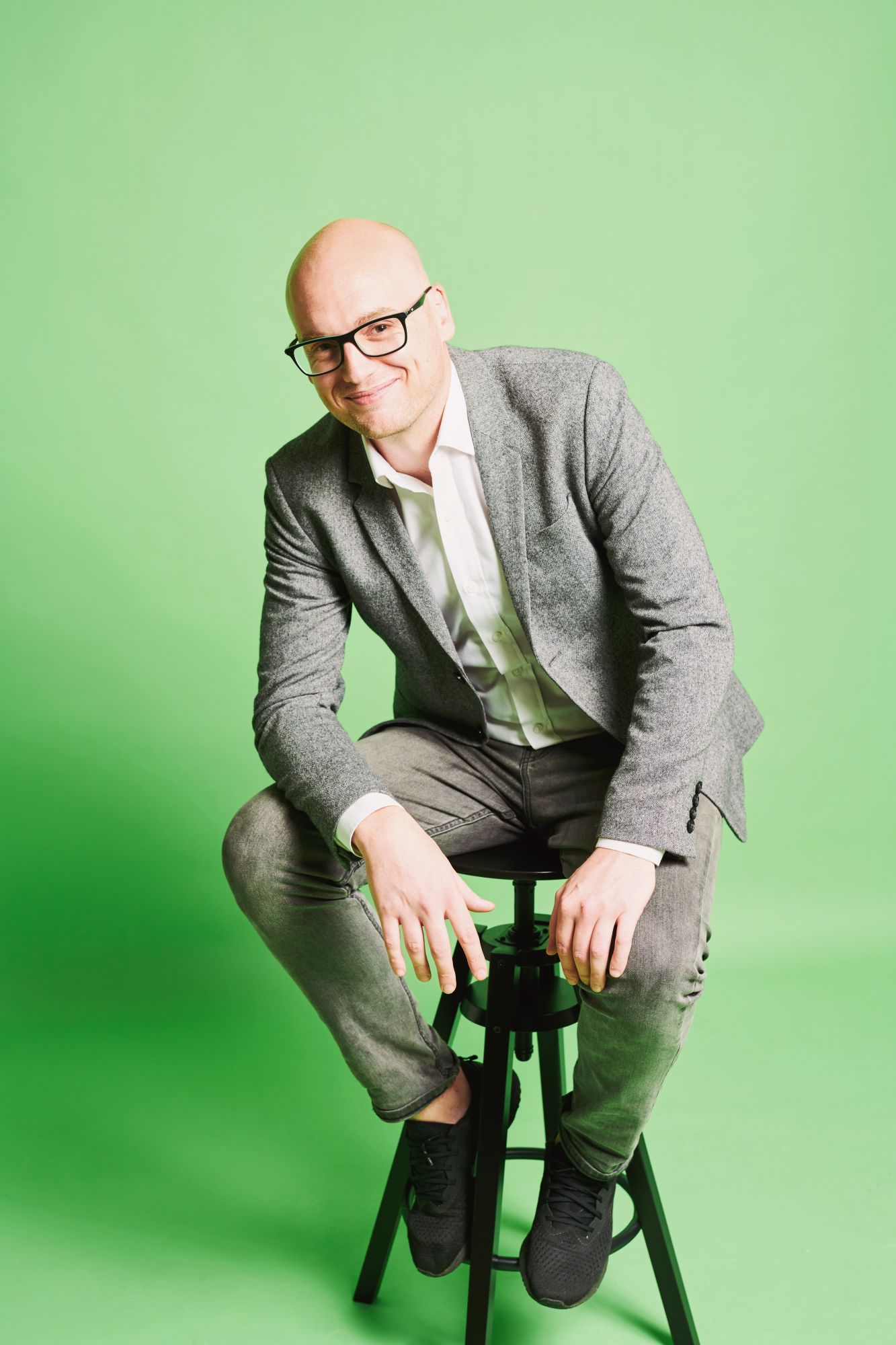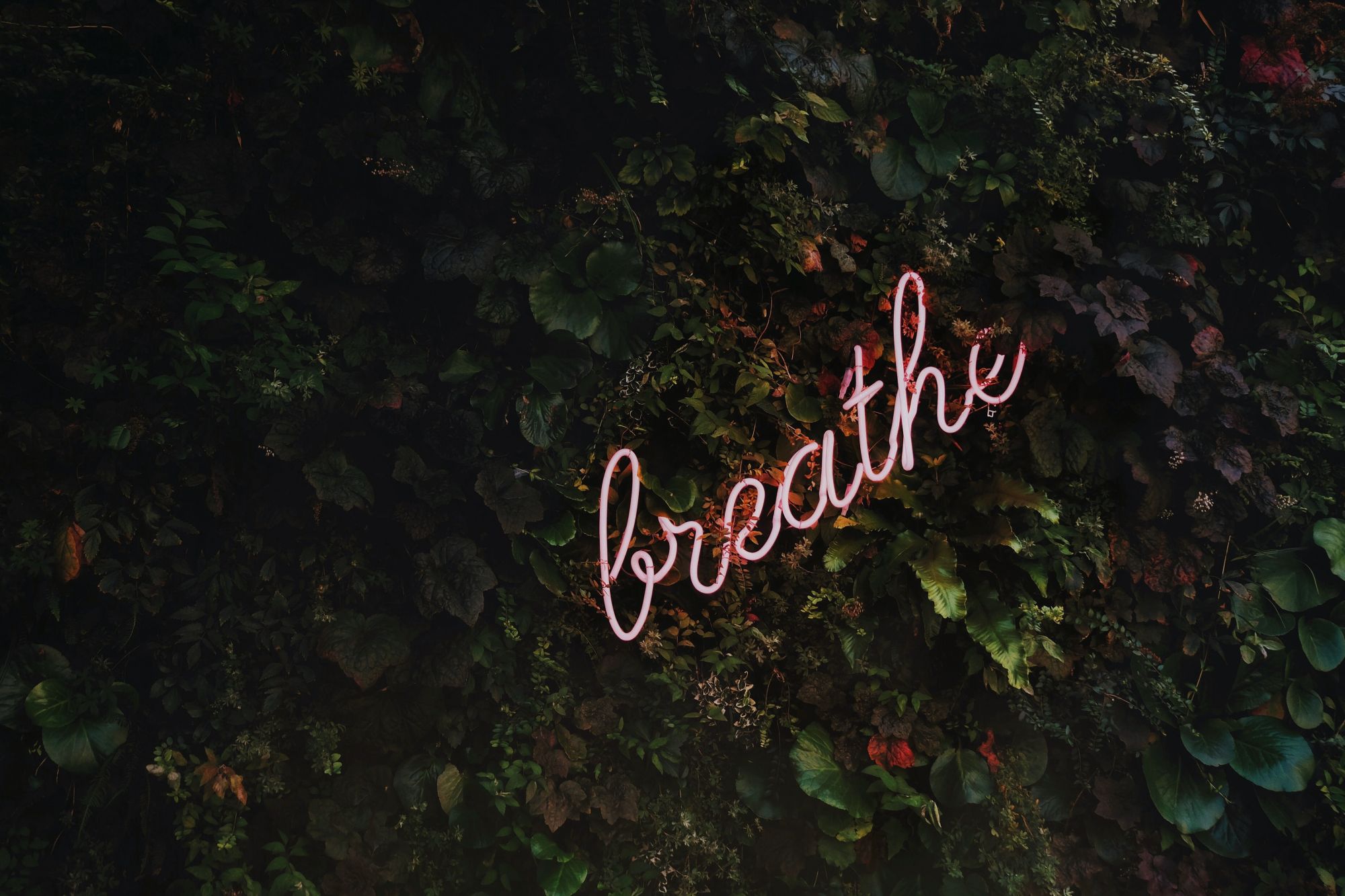At the December 2 edition of our Cloud Talk webinar series, we spoke with two experts from the Gen.T community about the effects of the pandemic on the world's mental health and how we can look after our own
The last time we spoke about mental wellness during our Cloud Talk series was earlier this year, in April. We held a workshop, led by Megan Lam of digital health company Neurum, which focused on developing a company culture and programme that looked after the mental wellness of employees in the workplace.
At the time, countries across the region were in lockdown due to the coronavirus outbreak, which experts said was taking a toll on our mental health. It's now December and while many of us are slowly returning back to our daily lives, the pandemic is still far from over.
As we continue to face the fear of contracting the disease, we've also had to quickly adapt to a new normal, be it indefinitely working from home or not having a job at all. At the same time, the future seems filled with uncertainty.
A recent policy brief by the United Nations reported that the pandemic means “a long-term upsurge in the number and severity of mental health problems is likely”, and that this could lead to a major mental health crisis.
See also: 6 Positivity Podcasts To Listen To For Daily Inspiration


THE PANEL
For our December 2 edition of Cloud Talk, we invited two mental wellness advocates from the Gen.T community to discuss the effects of the Covid-19 pandemic on our mental health as well as how we can assess and look after our own. At the end of the session, we also did a simple breathing exercise led by one of our speakers, Bradley Dowding-Young, to help calm our senses before we embarked on the rest of our day.
The Entrepreneur
Founder and principal CEO of Silentmode, Bradley Dowding-Young was motivated to start his Hong Kong-based company by his stressful experience working in a fast-paced media environment for years. Combining his knowledge of mindfulness, sonic design and breathing work, he has created products including a wearable wellness face device that helps to reduce anxiety and improve performance, health and well-being. More recently, Silentmode launched a new iOS biofeedback and breathing workout app, Breathonics.
The Doctor
Amer Siddiq Amer Nordin is an associate professor of psychiatry, a consultant psychiatrist, chief coordinator of the University of Malaya's Centre of Addiction Sciences and coordinator of the Nicotine Addiction Research Group. He also has a podcast, On Air With Dr Amer Siddiq, where he openly discusses mental health issues in the hope of one day ending the stigma surrounding the topic.
Here are the key takeaways from the session.

